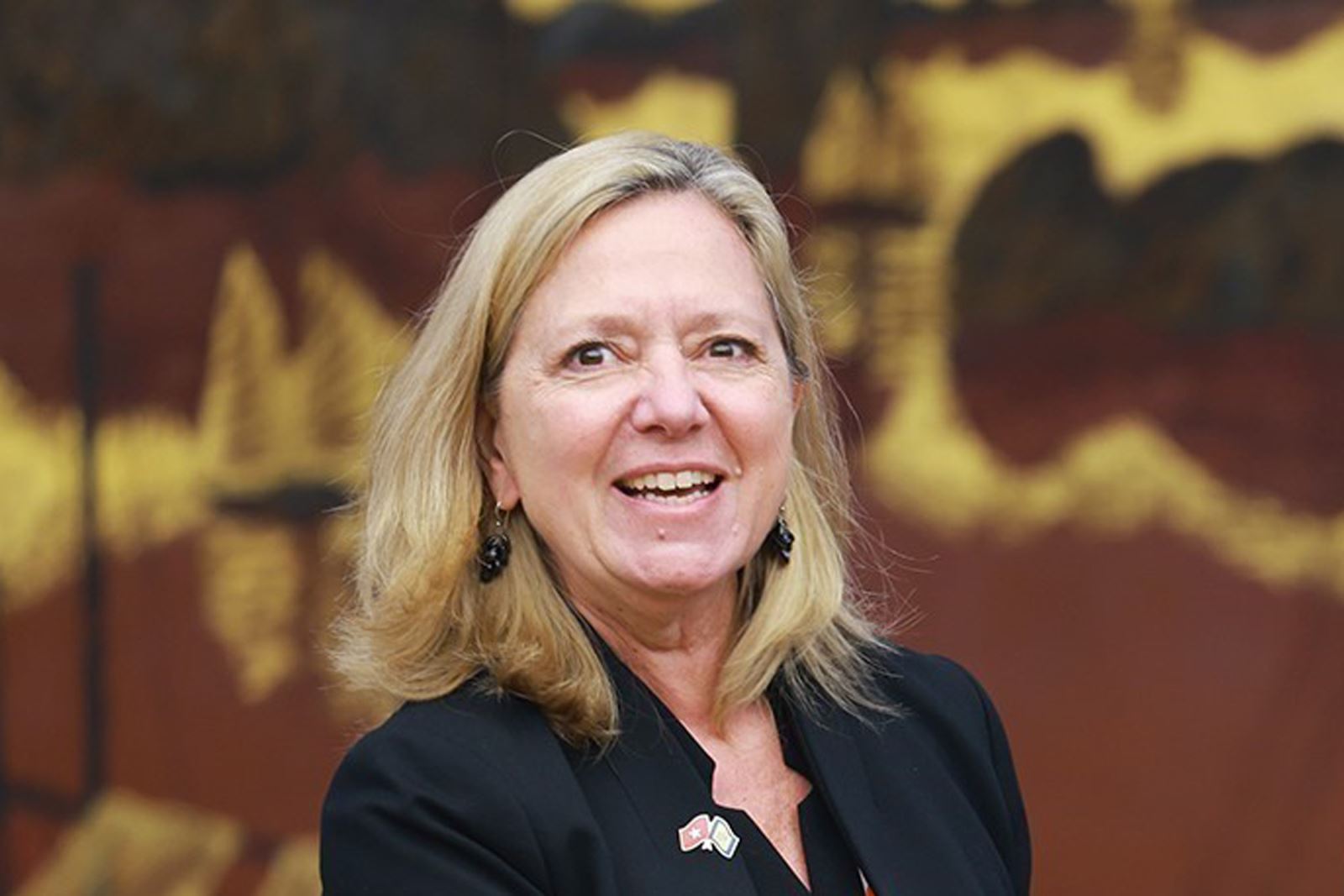
FTSE Russell's upgrade of Vietnam's stock market to emerging market status is considered a remarkable turning point. How do you assess the significance of this event for Vietnam's capital market and economy ?
This is a very important step forward, reflecting Vietnam's persistent reform efforts over many years. I would like to congratulate the Vietnamese Government, especially the Ministry of Finance , the State Securities Commission, the Stock Exchanges and the Vietnam Securities Depository and Clearing Corporation, and all market participants on this milestone.
The upgrade of the stock market shows the growing confidence of international investors, and affirms Vietnam's position as an attractive investment destination in the region. This is a testament to Vietnam's commitment to modernization - from perfecting the legal framework, increasing transparency, operating a new trading system, to preparing infrastructure for more advanced clearing and settlement activities.
According to the World Bank Group’s conservative estimates, total portfolio inflows associated with Vietnam’s entry into the emerging market group and the inclusion of Vietnamese stocks in the FTSE Russell Emerging Markets Index could reach around US$3-5 billion over the next few years. This inflow will help Vietnam’s capital market develop more deeply and broadly, contributing positively to financial stability and resource mobilization for development.
In your opinion, what should Vietnam do to better take advantage of the increased interest from global investors after this milestone?
The market upgrade is an important milestone, but it is only the beginning. The next step is for Vietnam to be officially included in the FTSE Russell Emerging Markets Index from September 2026, when passive investment flows will really flow into the market. To achieve this, Vietnam needs to continue to facilitate global brokerage firms to participate more deeply in the market.
We are working closely with the State Securities Commission, investors and market participants to support this process. In addition to FTSE Russell, Vietnam's next major goal is to be recognized by MSCI - the world's largest index provider - because the size of capital flows could be 3-4 times larger than FTSE Russell. To achieve this goal, Vietnam needs to continue reforms, in particular: loosening foreign ownership limits, implementing a new clearing and settlement system, allowing master account trading and strengthening foreign exchange management.
In a recent interview with VNA, Finance Minister Nguyen Van Thang acknowledged the WB’s supporting role in the journey to upgrade the stock market. Could you share more about the WB’s support?
Capital market development is an important pillar of Vietnam’s comprehensive growth agenda – along with infrastructure development, innovation and enhancing the role of the private sector. As Minister Nguyen Van Thang shared, this is a long-term reform journey and the World Bank has always been a partner in this process.
We implement support steps through the Joint Capital Markets Development Program (J-CAP), leveraging our global expertise, policy advice and financial resources to help Vietnam modernize its capital markets.
Over the past decade, we have worked with the Vietnamese authorities to strengthen market institutions. Since FTSE Russell added Vietnam to its Watchlist in 2018, the J-CAP team – funded by the Australian Government and the Swiss State Secretariat for Economic Affairs – has provided technical assistance, policy advice and reform recommendations that have yielded tangible results.
For this upgrade, the World Bank supported Vietnam in implementing key reforms, including: removing prefunding requirements for foreign institutional investors; simplifying account opening procedures; improving information disclosure practices (especially in English); and efforts to relax restrictions related to foreign ownership limits in some sectors.
How do you see the development prospects of Vietnam's capital market in the coming time?
Vietnam is on the right track. A deep and dynamic capital market will be an important channel for mobilizing domestic and international resources, helping Vietnam achieve its goal of becoming a high-income country by 2045.
Of course, there is still much to be done, such as perfecting the legal framework, improving corporate governance capacity and implementing an information disclosure roadmap - factors that are increasingly of interest to international investment funds. These reforms have helped the market operate more transparently, effectively and closer to international standards, thereby strengthening the confidence of global investors.
The World Bank, together with development partners, will continue to accompany Vietnam, leveraging global expertise and financial resources to support Vietnam on this journey.
Thank you very much!
Source: https://baotintuc.vn/kinh-te/wb-viet-nam-dang-buoc-vao-giai-doan-phat-trien-thi-truong-von-sau-rong-hon-20251010153757973.htm



![[Photo] Ho Chi Minh City is brilliant with flags and flowers on the eve of the 1st Party Congress, term 2025-2030](https://vphoto.vietnam.vn/thumb/1200x675/vietnam/resource/IMAGE/2025/10/10/1760102923219_ndo_br_thiet-ke-chua-co-ten-43-png.webp)

![[Photo] Unique Phu Gia horse hat weaving craft](https://vphoto.vietnam.vn/thumb/1200x675/vietnam/resource/IMAGE/2025/10/10/1760084018320_ndo_br_01-jpg.webp)
![[Photo] Opening of the World Cultural Festival in Hanoi](https://vphoto.vietnam.vn/thumb/1200x675/vietnam/resource/IMAGE/2025/10/10/1760113426728_ndo_br_lehoi-khaimac-jpg.webp)



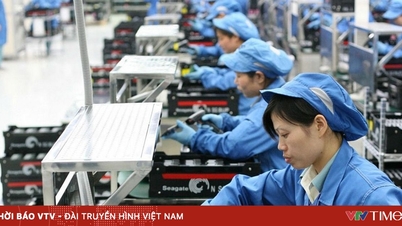
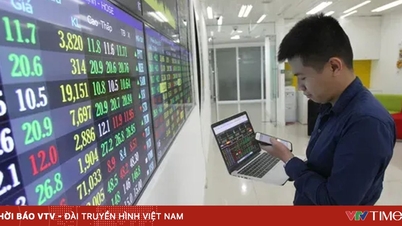
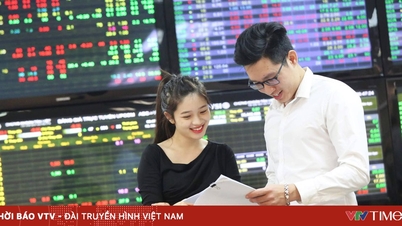
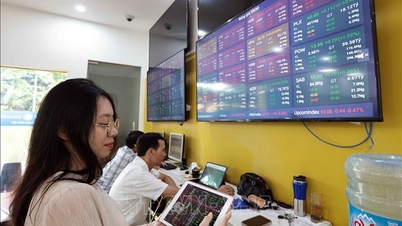













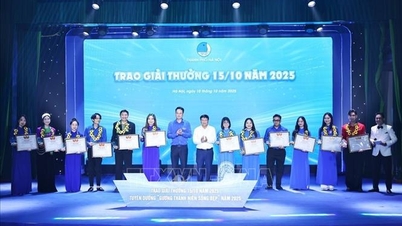

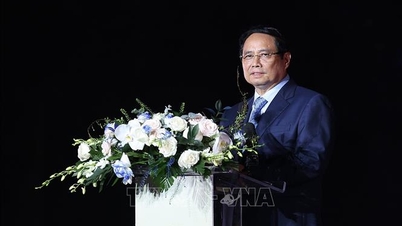


















































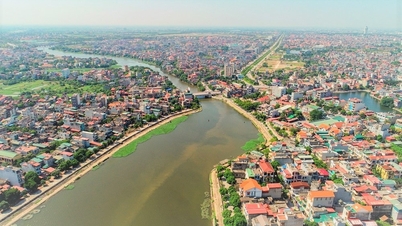


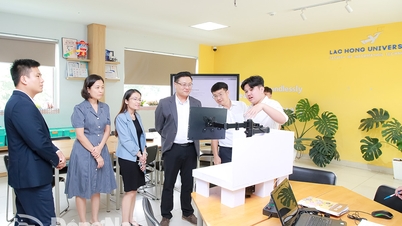

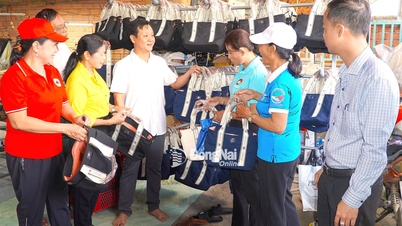
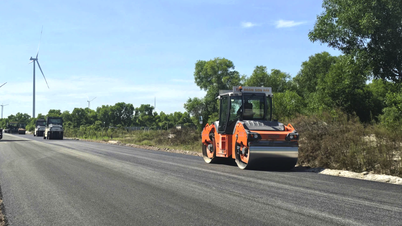
















Comment (0)